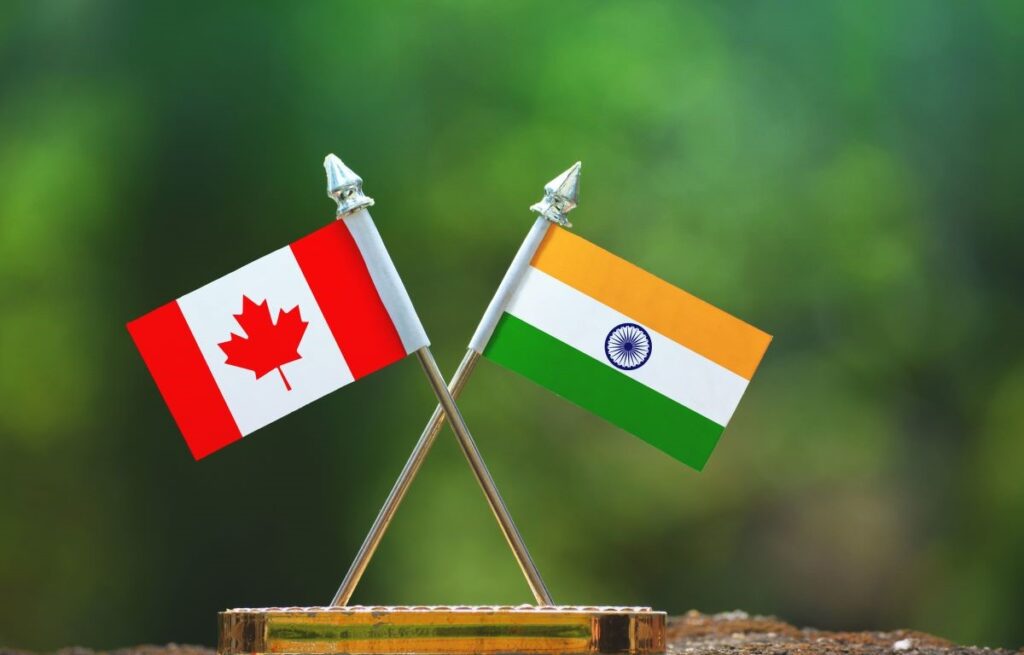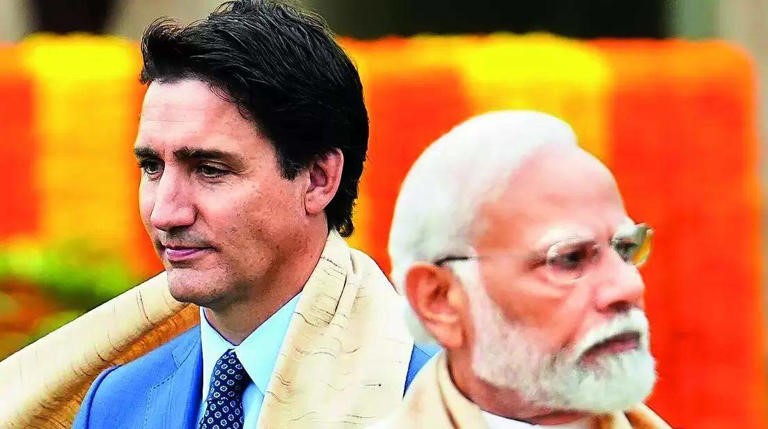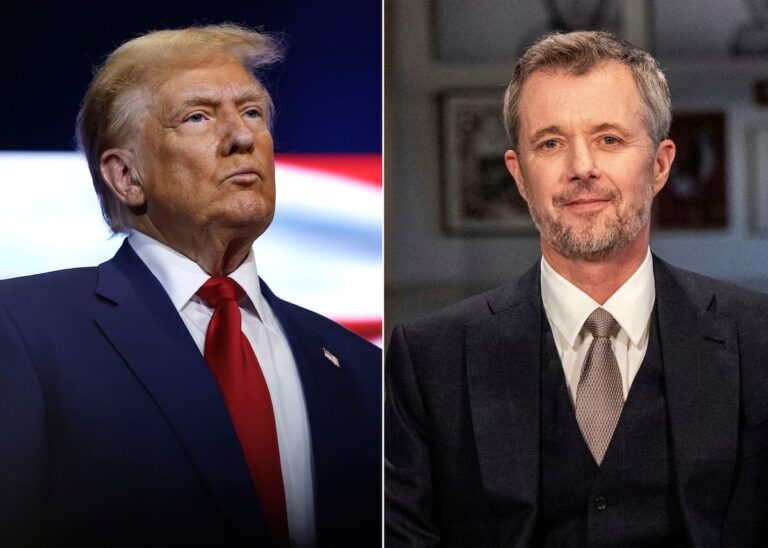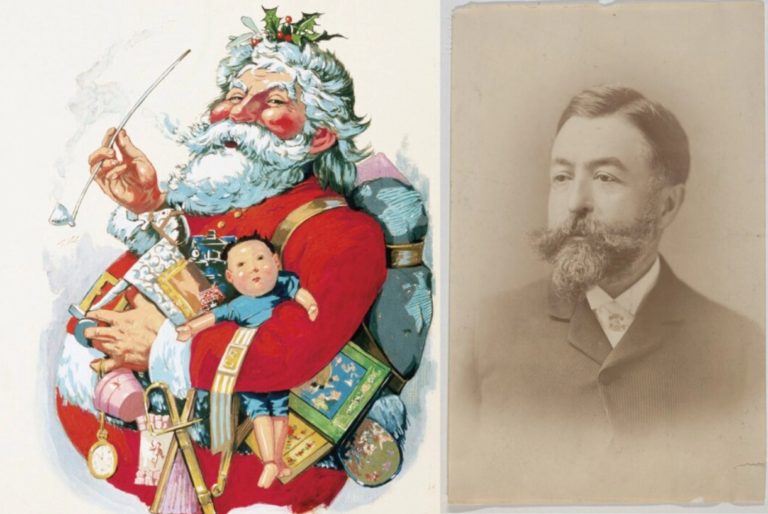As per the Leaders Asia sources, on a recent Sunday in Brampton, Canada, a violent confrontation erupted outside a Hindu temple, just outside of Toronto, between two religious groups. Pro-Khalistan Sikhs protesting a visit by Indian consular officials clashed with the Hindu congregation, hurling flagpoles and fists at one another. This clash ignited several days of violence across Canada and resulted in multiple arrests.
The incident marked the latest chapter in an ongoing dispute between Canada and India, which has been simmering for decades but escalated dramatically over the past year following the assassination of a Sikh separatist on Canadian soil. In 2023, Canadian Prime Minister Justin Trudeau revealed that he had credible intelligence linking the Indian government to the killing of Hardeep Singh Nijjar, an Indian-born Canadian national and outspoken supporter of Khalistan, a proposed autonomous Sikh homeland in India. Indian officials have denied the allegations, dismissing them as “absurd.”
Tensions between the two nations further intensified when Canada accused Indian agents, including a close aide to Indian Prime Minister Narendra Modi, of plotting to kill pro-Khalistan Sikhs in Canada. In response, India expelled six Canadian diplomats, and Canada retaliated by expelling six Indian diplomats. The accusations of state-sponsored violence have sent shockwaves through diplomatic circles, especially among Canada’s Five Eyes intelligence-sharing allies — the United States, United Kingdom, Australia, and New Zealand — who have deepened ties with India in recent years, partly to counter China’s growing influence in the Asia-Pacific region.
The roots of the conflict lie in differing views of the Khalistan movement. While the movement, which gained momentum in the 1980s and 1990s in response to a violent Indian government crackdown on Sikhs, has largely lost support in India, it continues to resonate with many in the Sikh diaspora, particularly in Canada. India accuses Canada of harboring Sikh extremists, while Canada maintains that Sikhs have a right to peaceful protest. The issue is complicated by the history of violent Sikh separatism in Canada, notably the 1985 bombing of Air India Flight 182, which remains one of Canada’s deadliest terrorist attacks.

According to the Leaders Asia sources, relations between Canada and India have been steadily declining under the leadership of Trudeau and Modi, with both sides increasingly at odds. Trudeau’s 2018 visit to India was marked by diplomatic tensions, including the controversial invitation of a former Sikh extremist to an official dinner. These strained relations culminated in the recent high-stakes allegations from Canada, which accused India of complicity in the Nijjar killing.
The dispute has also fueled a growing mistrust between the two nations, one that shows no signs of abating anytime soon. The violence in Brampton, as well as Modi’s outspoken condemnation of the Canadian government’s handling of the protests, underscores how deep the divisions have become. With both countries entangled in diplomatic crises, the prospect for resolution remains bleak, especially with upcoming elections in Canada.
As tensions continue to mount, experts predict that trade and other areas of cooperation between the two countries could soon be casualties of this intensifying conflict.









